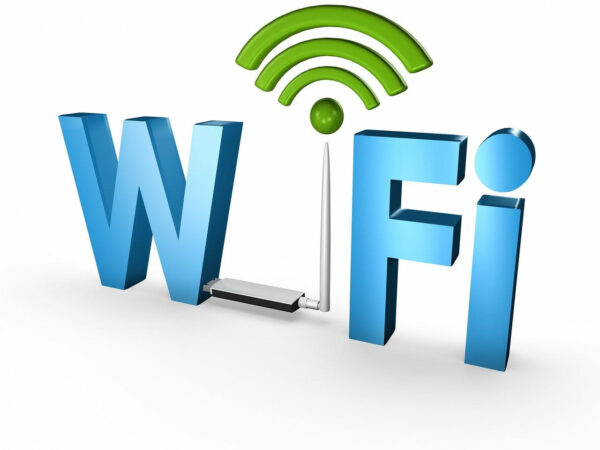In today’s hyper-connected world, our reliance on the internet is paramount. Whether it’s for work, entertainment, or staying in touch with loved ones, a fast and reliable internet connection is non-negotiable. However, when it comes to choosing between wired and wireless connections, the decision isn’t always crystal clear. Each has its own set of pros and cons that cater to different needs and situations.
In this comprehensive guide, we will delve into “The Pros and Cons of Wired vs. Wireless” connections, exploring the advantages and disadvantages of both. By the end of this article, you’ll have a better understanding of which option suits your unique requirements.
The Pros and Cons of Wired vs. Wireless

Wired Connections
Wired connections refer to internet access through cables, typically Ethernet cables. Let’s dive into the pros and cons of opting for a wired connection:
Speed and Reliability
Pros: Wired connections offer unparalleled speed and reliability. With a direct physical link to your router or modem, you can enjoy faster and more stable internet, making them ideal for online gaming and streaming.
Cons: The downside is that you’re tethered to a specific location, limiting your mobility within your home or office.
Security
Pros: Wired connections are generally more secure as they are harder to intercept compared to wireless signals. This is crucial for protecting sensitive data and ensuring a safe online experience.
Cons: Installing wired connections can be labor-intensive, requiring drilling and routing cables through walls, which may not be suitable for renters or those looking for a hassle-free setup.
Interference
Pros: Unlike wireless signals, wired connections are not susceptible to interference from other electronic devices or neighboring networks, ensuring a consistently smooth internet experience.
Cons: However, you may need to invest in cable management solutions to prevent tripping hazards and maintain a tidy living or working space.
Wireless Connections
Wireless connections, often referred to as Wi-Fi, are the backbone of our modern digital lives. Let’s explore the pros and cons:
Mobility
Pros: Wireless connections provide unparalleled mobility. You can connect multiple devices simultaneously from anywhere within your network’s range, making them perfect for households with multiple users and mobile devices.
Cons: On the flip side, Wi-Fi signals can weaken with distance or obstacles, leading to potential dead zones in larger homes or offices.
Easy Installation
Pros: Setting up a wireless network is a breeze. All you need are a router and compatible devices. No drilling or cables required, making it a hassle-free option for most users.
Cons: However, the ease of installation can sometimes lead to lax security if not configured correctly. It’s essential to secure your Wi-Fi network with a strong password to prevent unauthorized access.
Speed Variability
Pros: Wireless technology has come a long way, offering impressive speeds that cater to most online activities, from video conferencing to online gaming.
Cons: The speed of a wireless connection can be affected by interference from other electronic devices or neighboring networks, leading to occasional slowdowns during peak usage times.
Frequently Asked Questions (FAQs)
Wired connections are generally preferred for online gaming due to their superior speed and reliability, ensuring minimal lag and a smoother gaming experience.
Yes, wireless connections are ideal for mobile devices, providing the flexibility to connect from anywhere within the network’s range.
Absolutely! Many households opt for a hybrid approach, using wired connections for stationary devices like PCs and wireless for mobile devices.
While it can be more complex than setting up a wireless network, many individuals with basic technical skills can install wired connections themselves. However, professional assistance may be necessary for complex installations.
To enhance your wireless connection’s speed, ensure your router is placed centrally, update firmware regularly, and reduce interference by placing the router away from electronic devices.
Extensive research has not conclusively linked wireless technology to health issues. However, some individuals may choose wired connections for peace of mind.
Conclusion: Wireless vs. Wired
In the eternal debate of wired vs. wireless connections, there’s no one-size-fits-all answer. The choice largely depends on your specific needs and priorities. Wired connections offer blazing speed and security but come with the trade-off of limited mobility.
On the other hand, wireless connections provide convenience and mobility but may encounter occasional speed fluctuations.
Ultimately, whether you opt for wired or wireless, ensuring your network is properly configured and secure is paramount. By understanding the pros and cons of each, you can make an informed decision that aligns with your online lifestyle and preferences.